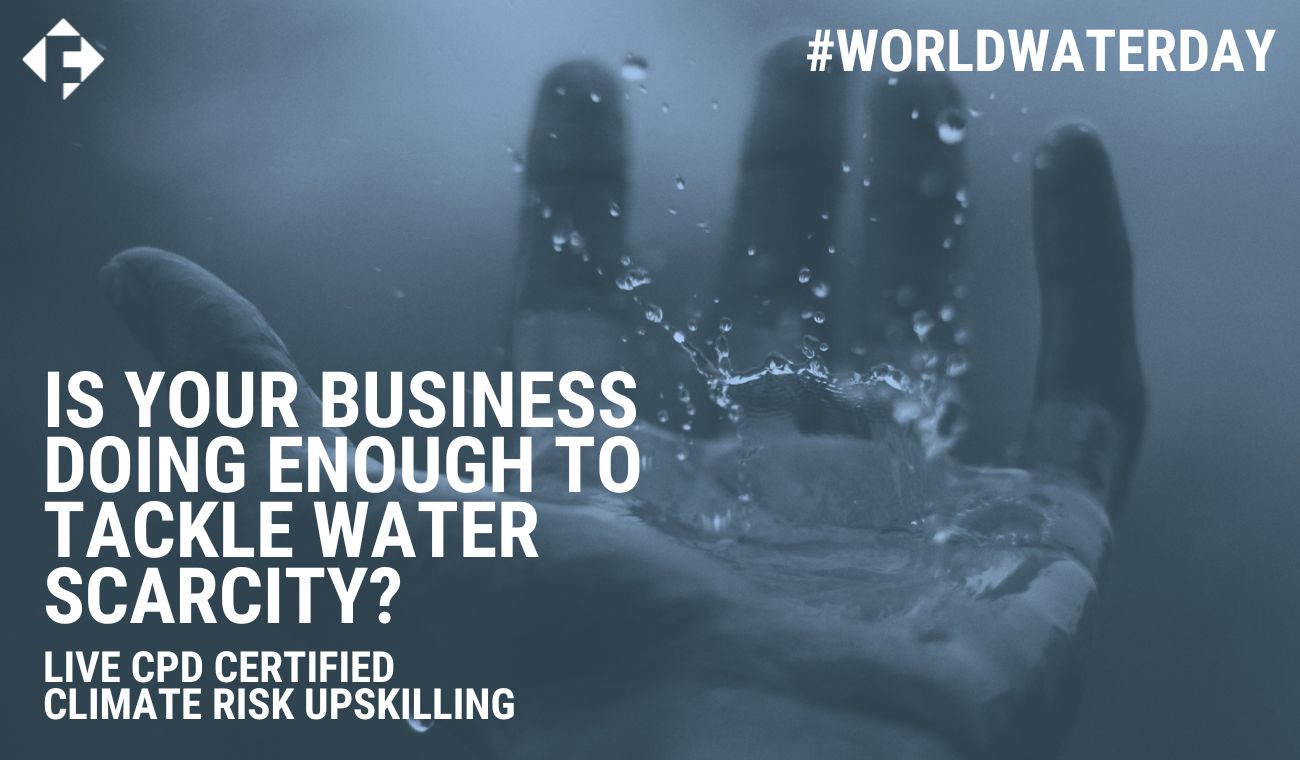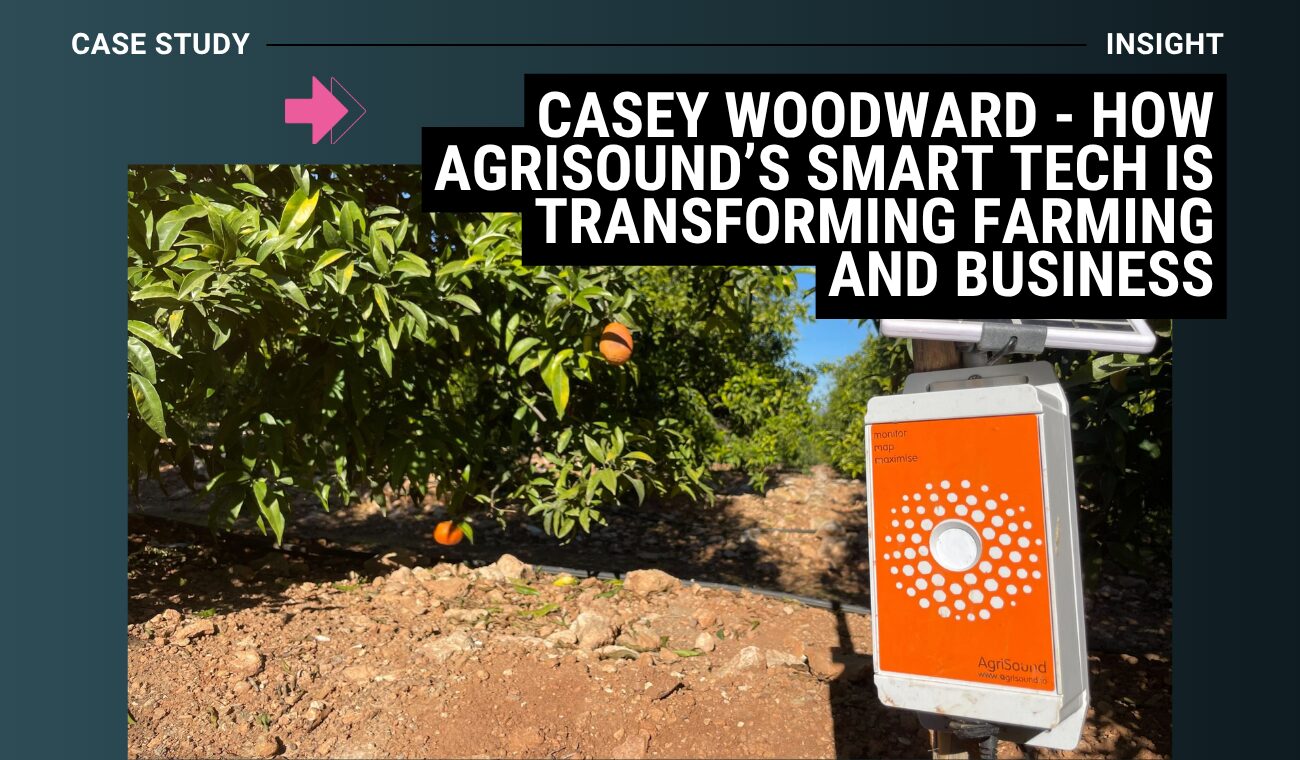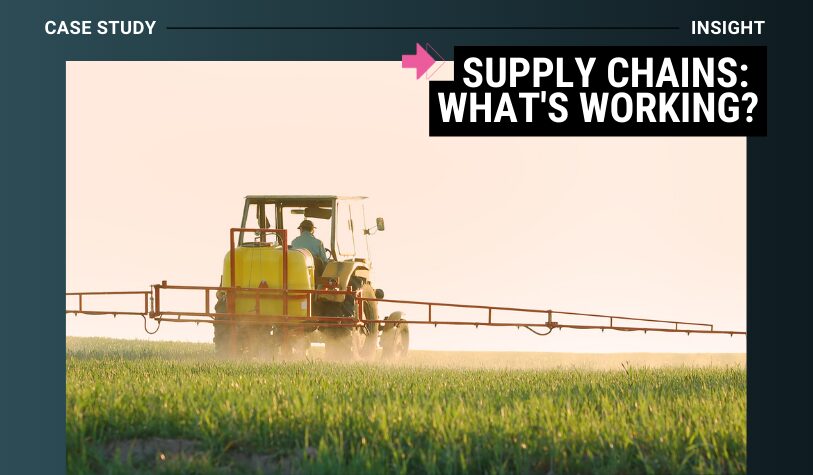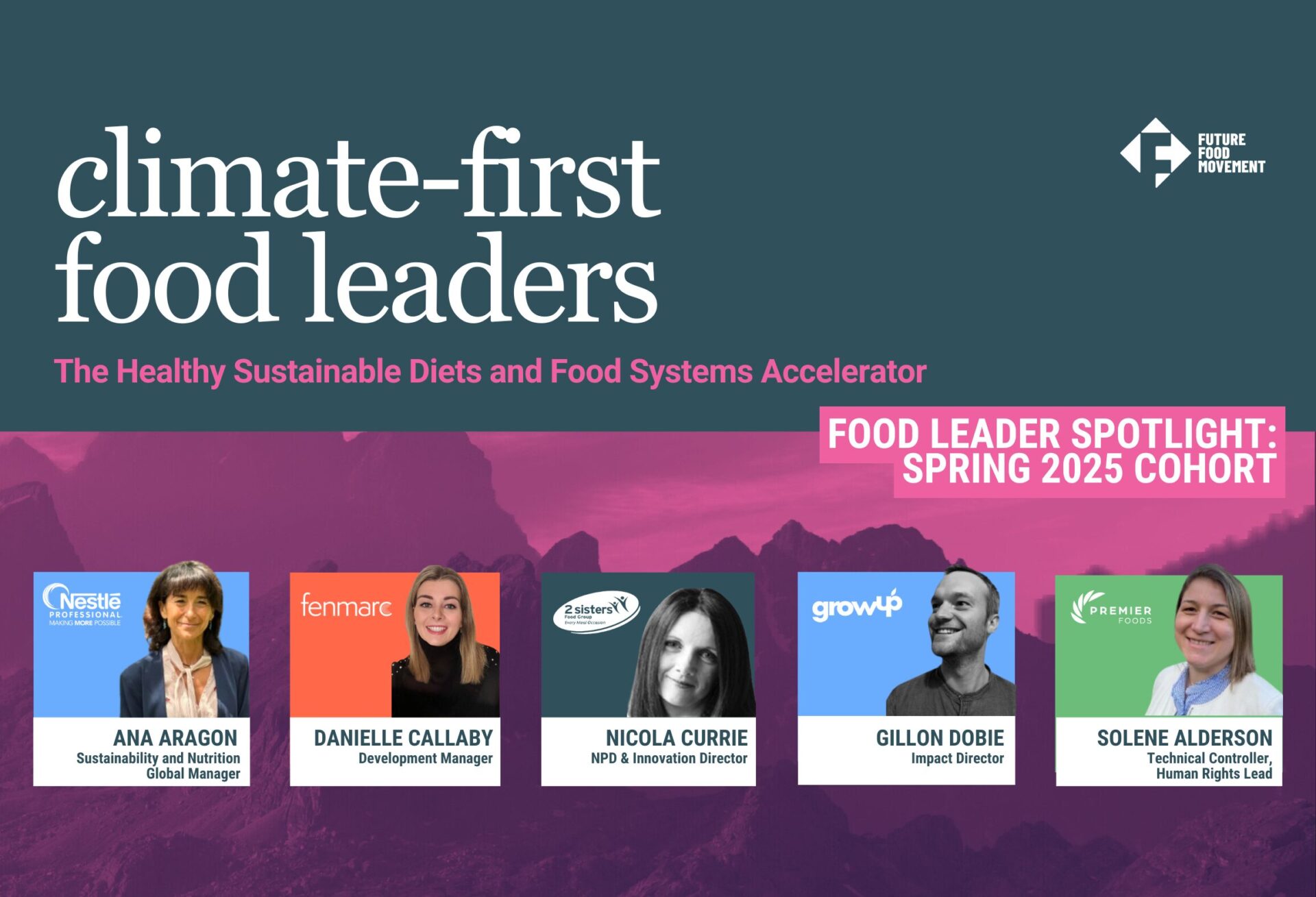The food industry, responsible for feeding billions of people worldwide, is especially vulnerable to water scarcity. Crop failures, food price hikes, and famine are already happening in some regions. Sara Rochat, one of our Climate & Biodiversity Risk Coach explains more:
- Water is a critical input for agriculture, food processing, and packaging, making water risk financially material to the food industry.
- The food industry is one of the largest consumers of water globally, with irrigation accounting for the majority of agricultural water use.
- However, water scarcity, quality, and availability issues are becoming increasingly prevalent due to climate change, population growth, and industrialisation.
- These water-related challenges can lead to increased costs, supply chain disruptions, and reputational damage for food companies.
WHAT ACTION CAN FOOD AND DRINK ORGANISATIONS TAKE?
- Regulatory pressures and stakeholder expectations for sustainable water management are rising, making it imperative for food companies to assess and mitigate water risks in their operations and supply chains.
- This means addressing water risk is not only important for the sustainability of the food industry but it is also crucial to its financial performance.”

Want to learn how? Book our CPD certified Climate Risk Masterclass for teams hosted by our coach Sara Rochat from Climate Risk Services. Helps leaders increase knowledge of how climate change is emerging as a major corporate and financial risk to performance, and not only an ESG issue for companies to manage their impact on climate. Email us now to book your spot: 📧FFM@veris-strategies.co.uk
Let’s use this World Water Day to raise awareness of the importance of water, and commit to taking meaningful action to protect this critical resource.
The World Economic Forum has identified water crises as one of the top global risks in terms of impact, with the potential to cause widespread social and economic disruptions. Global demand for water is expected to exceed supply by 40% bu 2030, putting additional pressure on already scarce resources. Moreover, approximately 70% of global freshwater resources are used for agriculture, highlighting the critical role of water in food production.















